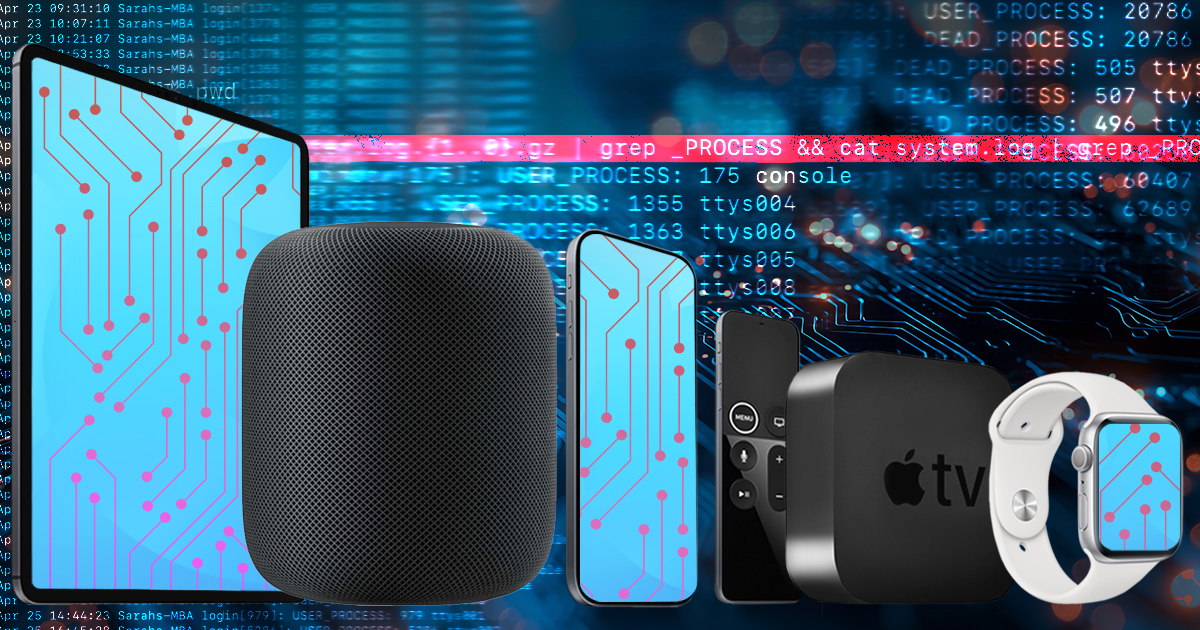We also trust these companies in ways that we do not understand yet. How many of you trust Apple? No voting… Just me 🙂 Damn! OK. May I ask you a very good question. Trusting to do what? Trusting when they say: “iMessages are end-to-end encrypted”? I mean, with all of that massive security engineering, to make sure it’s as good as it can be, so they genuinely believe they’ve done that. I do, generally, they’re great people. But… people believe themselves they can defend themselves against the Russians. If the Russians specifically targeted Apple, it’s only they can defend themselves. – Ian Levy, director at the GCHQ on anniversary of the foundation of the FIPR event that was held on 29/04/2018).
2FA, 2SV, Apple, backup, FaceID, iCloud, ios 10, ios 11, iPhone, iTunes, password, Security, TouchID
We loved what Apple used to do about security. During the past years, the company managed to build a complete, multi-layer system to secure its hardware and software ecosystem and protect its customers against common threats. Granted, the system was not without its flaws (most notably, the obligatory use of a trusted phone number – think SS7 vulnerability – for the purpose of two-factor authentication), but overall it was still the most secure mobile ecosystem on the market.
Google has started its journey on convincing people to move away from SMS-based verification, and start receiving push messages via the Google Prompt instead of using six-digit codes. Why does Google want us away from SMS, and why using Google Prompt instead? Let’s try to find out.
In the US, Factory Reset Protection (FRP) is a mandatory part of each mobile ecosystem. The use of factory reset protection in mobile devices helped tame smartphone theft by discouraging criminals and dramatically reducing resale value of stolen devices. Compared to other mobile ecosystems, Apple’s implementation of factory reset protection has always been considered exemplary. A combination of a locked bootloader, secure boot chain and obligatory online activation of every iPhone makes iCloud lock one exemplary implementation of factory reset protection.
Apple is about to launch its next-generation iOS in just a few days. Researching developer betas, we discovered that iOS 11 implements a number of new security measures. The purpose of these measures is better protecting the privacy of Apple customers and once again increasing security of device data. While some measures (such as the new S.O.S. sequence) are widely advertised, some other security improvements went unnoticed by the public. Let us have a look at the changes and any forensic implications they have.
Apple, it’s not funny anymore.
We released a major update to Elcomsoft Wireless Security Auditor, a tool for corporate customers to probe wireless network security. Major addition in this release is the new Wi-Fi sniffer, which now supports the majority of general-use Wi-Fi adapters (as opposed to only allowing the use of a dedicated AirPCap adapter). The built-in Wi-Fi sniffer is a component allowing the tool to automatically intercept wireless traffic, save Wi-Fi handshake packet and perform an accelerated attack on the original WPA/WPA2-PSK password.
We discovered a major security flaw in the iOS 10 backup protection mechanism. This security flaw allowed us developing a new attack that is able to bypass certain security checks when enumerating passwords protecting local (iTunes) backups made by iOS 10 devices.
Fingerprint Unlock Security: Google Android and Microsoft Hello


